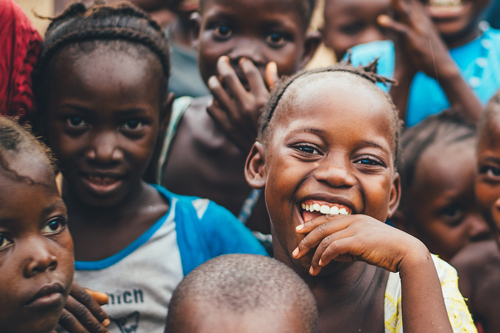Post Graduate Diploma in Child Psychology
Course Overview
Child psychologists enjoy a career that is not only financially rewarding but uniquely satisfying and fulfilling at the same time. There’s absolutely nothing more gratifying than knowing what you do on a daily basis is proactively and positively assisting with the strong and healthy development of countless children. To gain a better understanding of child psychology, in general, is to gain an extraordinary window into the developing minds of babies, toddlers, older children, and teenagers alike, this diploma in child psychology can be the right choice for you if you wish to work with children in any role; a teacher, a career, teaching assistant, social care worker. The course explores methods theories and concepts used by psychologists to develop real insight into the child’s personality.
Course Content
- Module 1 – Introduction to Child Psychology
The first module of the course introduces the subject of child psychology from a contemporary perspective, outlining key developmental stages, why childhood development and growth are two entirely different subjects and the important role the child psychologist plays in nurturing and assisting strong and healthy growth and development.
- Module 2 – The Formation of Attachments (1)
Course content throughout the subsequent two modules focuses largely on the formation of attachments, incorporating an introduction to Bowlby’s Attachment Theory and an overview of the influences and effects of attachment. Additional theories explored include evolutional theory and the maternal deprivation hypothesis.
- Module 3 – The Formation of Attachments (2)
The third module continues with a broader look at a series of important hypotheses and theories related to attachment formation, including Spitz’ Studies of Children in Institutions and Harlow’s Studies of Monkeys. A number of important internal working models are also introduced.
- Module 4 – Consequences of Breakdowns in Attachments
Course content in Module 4 turns attention to the potential consequences of breakdowns in attachments, outlining the causes, effects and long-term impact attachment breakdowns can have. Candidates investigate a variety of childhood adjustment factors, how childhood development can be affected by foster care and the effects of bereavement on children.
- Module 5 – Influences on Development
The fifth module explores a variety of influences on development, guiding candidates through a series of factors that are known to impact development both positively and negatively. The subjects of cognitive and social development are investigated both independently and in conjunction with one another.
- Module 6 – Social and Emotional Development
It introduces emotional development and social development, breaking each down into its respective stages and investigating socialization in-depth. Candidates are guided through a variety of external pressures and factors that can have a positive or negative influence on emotional and social development.
- Module 7 – Personality Development
The following unit focuses more specifically on the development of personality in children. Along with an overview of several key hypotheses, candidates investigate personality manifestation, overall character development in children, and a variety of environmental influences that can affect and impact the development of personality.
- Module 8 – Language Development
Childhood communication forms the primary focus of Module 8, in which essential speech and language development theory is introduced and explored. Along with examining important childhood communication evolution theory, candidates also explore a variety of childhood speech communication difficulties and are provided with an overview of general lexical development theory.
- Module 9 – Moral Development
Moral development throughout childhood is explored in-depth throughout Module 9, which covers a number of important subtopics including the development of moral reasoning, an overview of the key moral growth stages during childhood, and a series of key insights from Kohlberg’s Stages of Moral Development.
Format:
- All materials are made available through our Online Learning Platform
- Students should commit approximately 5-6 hours of their time per week
Materials Provided:
Online delivery of curriculum materials, exercises, and templates.
Training Format:
- All materials are made available through our Online Learning Platform
- Students should commit approximately 5-6 hours of their time per week
Materials Provided:
Online delivery of curriculum materials, exercises, and templates.
Assignments:
In order to demonstrate their understanding of the course content, students will be required to submit assignments at the end of every month.
Regions Targeted: Global
Courses Fees €1500
Course duration: 1 year (2 semesters)



